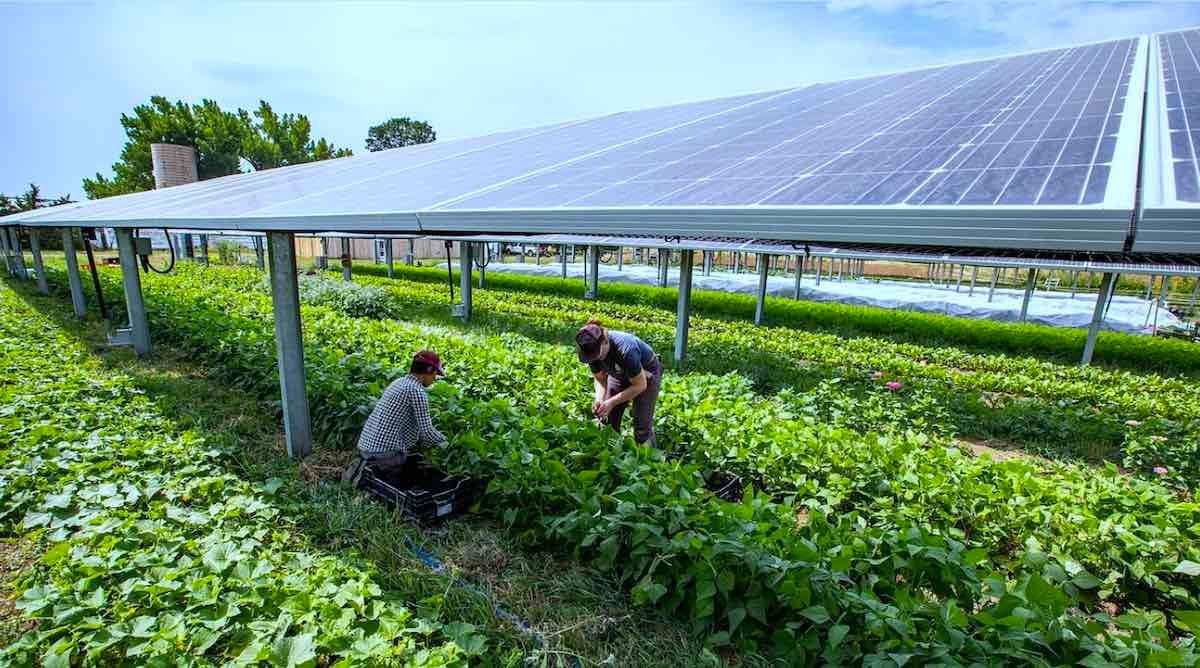Puerto Rico coronavirus statistics for June 6
According to numbers provided by the Puerto Rico Health Department, 5,046 people have tested positive for COVID-19, an increase of 1,171 since last week. The death toll is currently 142, with six of those having died in the past week. The precise number of total tests performed has not been divulged, although El Nuevo Día reported on June 4 that the number had surpassed 100,000. The region comprising the Puerto Rico Metropolitan Area and its surrounding municipalities has the highest number of confirmed cases.
While this last week has seen the largest increase in confirmed cases in a seven-day period, as well as the largest single-day increase—on June 4, when 485 new cases were confirmed—it is difficult to discern the effect that the increasingly reopened economy has had on the spread of the virus. According to Health Secretary Lorenzo González Feliciano, 355 of that day’s 485 new cases were the result of tests performed between March 31 and May 16, whose results had not been divulged to the Health Department. While this suggests a more sustainable increase in cases, it also indicates that past numbers have also been less than reliable, making it even harder to determine how well—or badly—Puerto Rico is doing. Not all the data are bad—deaths remain relatively low, the amount of reported new cases per day is more often than not fewer than four per 100,000 people, and Puerto Rico’s hospitals remain able to treat new cases without becoming overwhelmed. That is, assuming the data are reliable.
Governor signs new Civil Code into law
After two decades and a slew of controversies, Puerto Rico’s new civil code was signed into law on Monday June 1st, altering a nearly century old document. Despite warnings from multiple civil rights organizations, who vigorously argued that the proposed civil code would abridge rights currently afforded to constituencies like women or LBGTQ groups, Governor Wanda Vásquez Garced dismissed these concerns. She stated that the bill “does not abridge acquired rights”, that “we’ll never obtain a Civil Code with 100% consensus,” and that “there will always be space to improve, amend, or clarify” the document.
Groups like The Broad Committee for the Search of Equity (CABE, in Spanish) expressed their disappointment in the new law, calling it a “historical reversal”. The bill, “with its confusing and contradictory language, endangers trans people’s rights to change their birth certificates, the rights of women to make decisions about their own bodies, the right to form a family in a common law marriage, be it a heterosexual one or a LGBTQI+ one, does not acknowledge forbidden discrimination, does not explicitly prohibit discrimination in marriage and adoption and on top of that, LBGTQI+ people are not mentioned, effectively making us invisible,” said Carmen Milagros Vélez Vega, a spokesperson for CABE.
The new Civil Code is scheduled to come into effect 180 days after its signing. However, groups like the Puerto Rico Bar Association, which identified some 146 amendments to the bill which were passed without public comment, have called on the governor to extend this period, in order to properly prepare the Island’s legal structures for its changes.
Congressional hearing on PROMESA
On Thursday, June 11, 2020 at 3:30 p.m., Chair Raul Grijalva is expected to preside over a hearing titled “PROMESA: Implementation during the Coronavirus Pandemic.” The only two witnesses expected to testify are Ms. Natalie Jaresko, Executive Director, Financial Oversight and Management Board for Puerto Rico and Mr. Omar Marrero, Executive Director, Puerto Rico Fiscal Agency & Financial Advisory Authority. According to the Natural Resources Committee, the purpose of the hearing is to conduct oversight over the implementation of PROMESA and discuss projections of the 2020 Fiscal Plan for Puerto Rico and how they have drastically changed as a result of the coronavirus pandemic.
This week crucial for Puerto Rico’s reservoirs
Water levels at Puerto Rico’s reservoirs continue dropping, and if it does not rain enough this week, reservoirs like Carraizo will be forced to undergo operational adjustments, reports the National Meteorology Service (SNM, in Spanish). While Puerto Rico is expected to receive significant rain this week, it remains uncertain whether the amount will be sufficient to cause the water levels to rise. Carraizo, in particular, currently has a water level of 38.82 meters, and is 32 centimeters away from requiring operational adjustments. One of Puerto Rico’s chief reservoirs, it services much of its Metropolitan Area.
In more encouraging news, recent rainfall has caused water levels to rise at Lago Guajataca, which had also recently been determined to be at risk. It is expected to continue recovering.
Share
STAY IN THE LOOP
Subscribe to our free newsletter.
La organización BoricuaActivatEd celebró su séptimo aniversario con reconocimientos al líder de la red evangélica Esperanza y de la comunidad boricua de Filadelfia, Luis Cortés, y el legendario artista Antonio Martorell. Cortés, premiado por su
tudy: Economy leading factor for Puerto Ricans moving to Florida A new survey unveiled Monday in Washington, D.C. sheds new light on factors contributing to Puerto Ricans moving to the state of Florida. The Puerto
New federal funds for solar, battery storage announced The Department of Energy (DOE) on Thursday announced a conditional commitment to finance new solar and battery storage facilities on the southern coast of Puerto Rico. The investment




